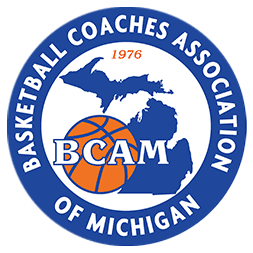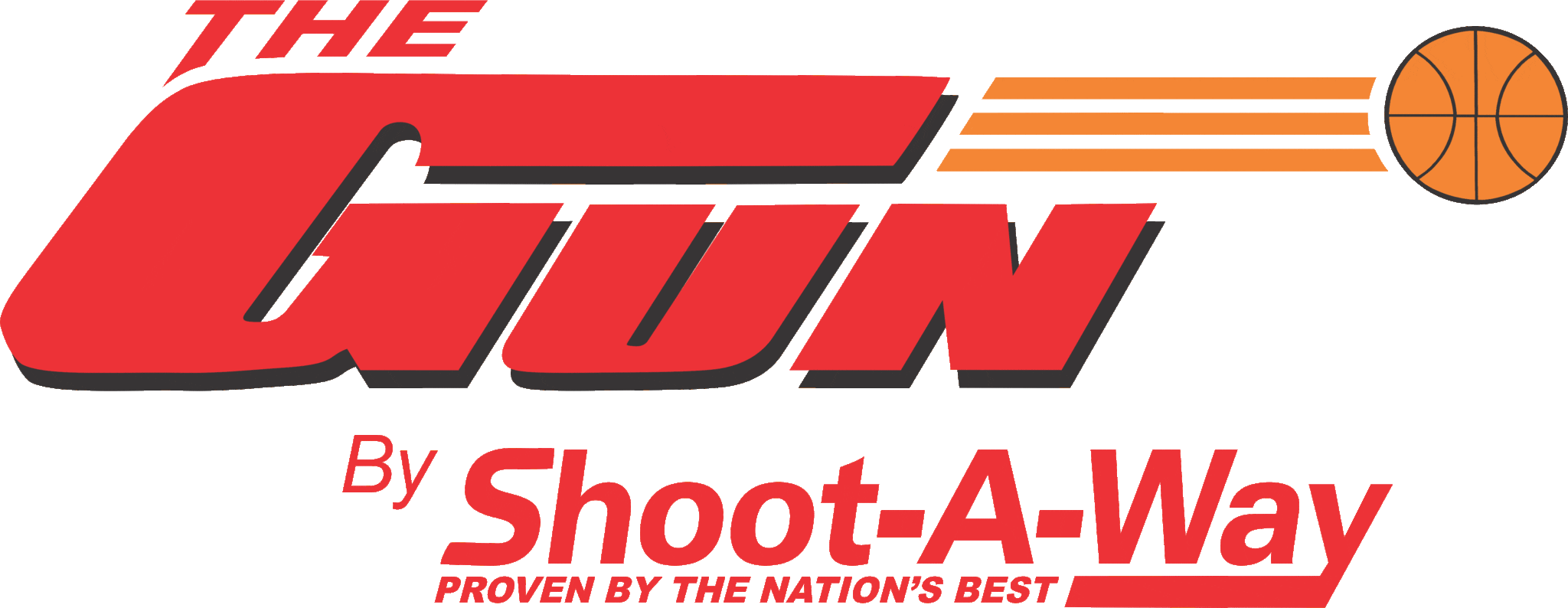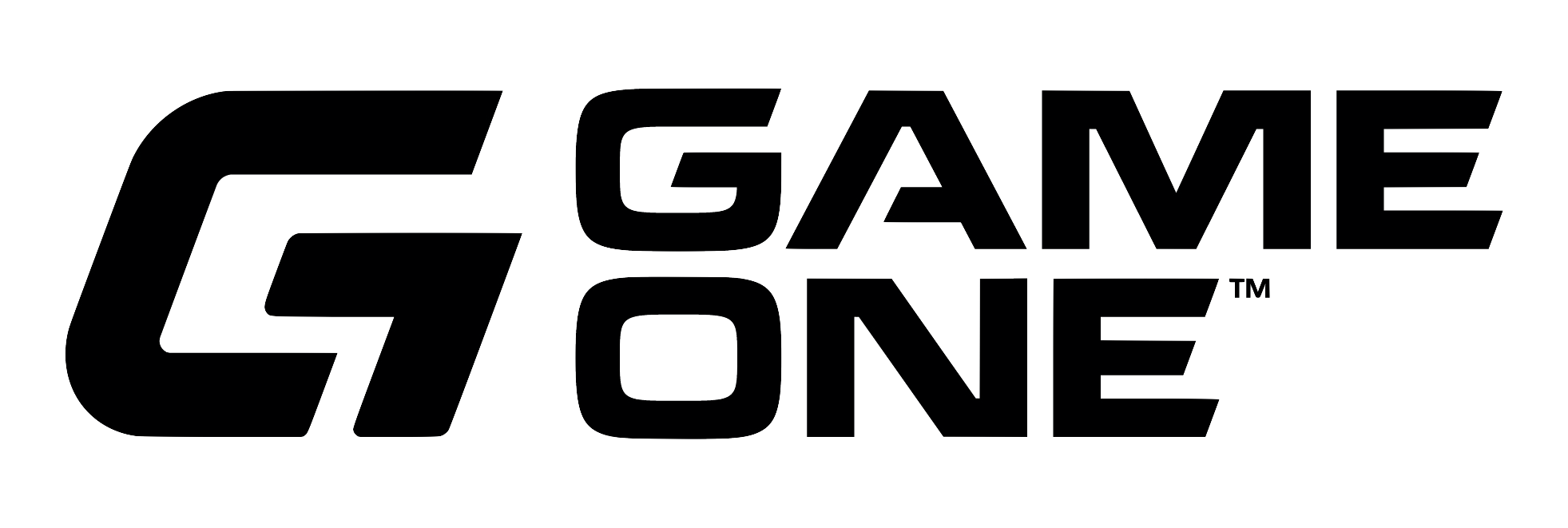Code Of Ethics Sportsmanship
Sportsmanship / Code of Ethics / Mission Statement
BCAM Code of Ethics
Our Code of Ethics has been developed to promote the best interests of the game and the coaching profession. The ultimate success of the principles and standards of this Code depend upon those for whom it has been established — the basketball coach.
All Basketball Coaches should endeavor to:
- Promote the educational standards of your school.
- Adhere to all rules that apply to the game of basketball.
- Demonstrate leadership in fair play and sportsmanship.
- Insure to the best of our ability, safety and health measures for all players.
- Conduct oneself as a positive role model for your players, coaches, school and community.
BCAM Mission Statement:
As a united body, B.C.A.M. exists to represent and serve basketball coaches for the betterment of our great game!
CHARACTER IS THE NAME OF THE GAME
By Gregory A Dale, Ph.D.
(This article is reprinted with the permission of the National Association of Basketball Coaches. It appeared in the September 1999 edition of ‘Courtside’, the official publication of the NABC.)
‘It isn’t polls or public opinion of the moment that counts. It is right and wrong and leadership. Men with fortitude, honesty and belief in the right make epochs in the history of the world’
— Harry Truman, 33rd President
I believe that coaches, or anyone in a leadership position for that matter, want to have credibility with those they are leading. As a sport psychology consultant, I have spoken to hundreds of athletes at all levels over the past eight years regarding attributes they feel give their coaches credibility. They have mentioned things like knowledge of the game, treating everyone fairly, the ability to get the most out of their athletes and being a proven winner. It is interesting to note, however, that the one attribute that is mentioned more often than any other is character. Athletes want coaches who are honest with them, who make choices that are best for the team in the long run, who ‘walk the talk’, ‘who don’t give up on athletes and ignore them when they are injured and who are good role models when it comes to making the right choices.
I have also had the opportunity to talk with many coaches about attributes they hope to develop in their athletes. And, one thing that is consistently mentioned is character. The great thing about sports is that it can help build character. But character must begin with the coach. Athletes want and need good role models if they are going to develop this attribute. In the next few paragraphs I hope to cause all of us to stop and reflect on what it means to be a leader or coach of character.
‘What you are thunders so that I cannot hear what you say to the contrary’
— Ralph Waldo Emerson
This quote by Emerson captures the importance of being a coach of character. Coaches are role models and athletes are continually watching and learning from their leaders. Unfortunately, some coaches do not always make the right choices. I would argue that most of the decisions we make on a daily basis are not controversial or based on great ethical dilemmas. We often know what is right and what is wrong. Take for example a couple of situations outside of sports.
You have gone to the grocery store and purchased several items. As you get in your car you realize the cashier has given you an extra three dollars in your change. What would you do in this situation? Would you go back and notify her of the error? Would you say to yourself that it all evens out since you have probably been shortchanged somewhere along the way? Or, would you just be happy knowing you got away with some extra cash?
You pay for basic cable television that does not include any of the movie channels. But for some reason you are able to get HBO. You receive your first bill and the cable company is not charging you for this extra channel. What do you do? Do you call the company and let them know of their error? Do you rationalize that you are already paying too much for cable TV and you should be able to get HBO? Or are you just happy you are getting something extra for free and never say anything?
Before you answer each of these scenarios, ask yourself what you would do if you found out the cashier charged you too much for your groceries or the cable company was charging you for HBO and you are not able to get the channel. What would you do there? Would your response be any different that if you were the one gaining the advantage?
What about decisions you make on a daily basis as a coach? Following are two situations for you to ponder.
As a head coach, one of your assistants tells you that two of your ‘star’ athletes are allowing someone else to rewrite their papers and do their assignments for them. You investigate and learn that it is true. What do you do? Do you take immediate action to stop this infraction and discipline the athletes? Do you ignore the situation and hope that no one finds out about it? Or do you rationalize that you need those players to win and it really isn’t hurting anyone?
As a college coach, you have a scholarship athlete who is in his/her third season of eligibility. This athlete came in with a very good recruiting class and works hard in practice. However, the athlete has seen very little playing time. In your mind, the athlete has not contributed very much to your program. You feel you need to have a successful season in the upcoming year to maintain your job security. While you are interested in recruiting several athletes who play other positions, you do not have any scholarships available. Do you let this athlete keep the scholarship and finish out his/her eligibility? Or do you take the scholarship and give it to someone else you feel might help you win more?
Because we want so much to win (there is nothing wrong with wanting to win by the way) and because of the pressure society places on winning, we find it hard to always do the right thing. As stated earlier, most of the time we don’t have any doubt about what the right thing to do is. The problem arises when it comes to doing the right thing. And when the ‘rubber hits the road’, we have to have the character to do the right thing. As Russell Gough (1997), states in his book ‘Character is Everything: Promoting Ethical Excellence in Sports’, it is about having the will, the courage, and the guts to do what is right. The will, courage and guts — the character — more than anything else. Anything, even more than knowing the right thing.
Gough (1997) goes on to offer a few thoughts on character that I think are worth sharing. He says:
- Character is built more than built-in. If you want to truly learn to master anything, you must first learn to master yourself.
- When it comes to building good character — in or out of the competitive arena — there is no substitute for sweat, hard work, or practice.
- Character is what you are when no one else is looking.
- Character is what you are when everyone’s looking.
- Success or excellence or winning, whatever you want to call it, isn’t about victories or defeats; isn’t about statistics. It’s about what you are and what you do with what you are. It’s about personal character.
- Gough (1997) also says that when you do find that you are faced with a difficult situation and you are hesitant about the first choice you should make, you might ask yourself the following questions.
- Is it against the rules? The rules of the game? Of my league or conference? Of my association or federation? Of my school? Of the law?
- Is it fair to everyone involved? To my opponents? To my team? To game officials? To my school? To myself?
- Would my ethical role models do it? Who are my ethical role models? How would they feel about me if I did it? How would I feel about them if they did it? Do I have time to get their advice first? Do I have the courage to do what they would do?
You should probably ask yourself these questions, in order, especially if you are dealing with a concrete rule. Do you really need to go any further down the list if it is against the rules? Also consider that if you say no to any one of these questions, you probably have the answer you are looking for.
Reference: Gough, R. (1997). ‘Character is Everything: Promoting Ethical Excellence in Sports’ Fort Worth, Texas: Harcourt & Brace.









